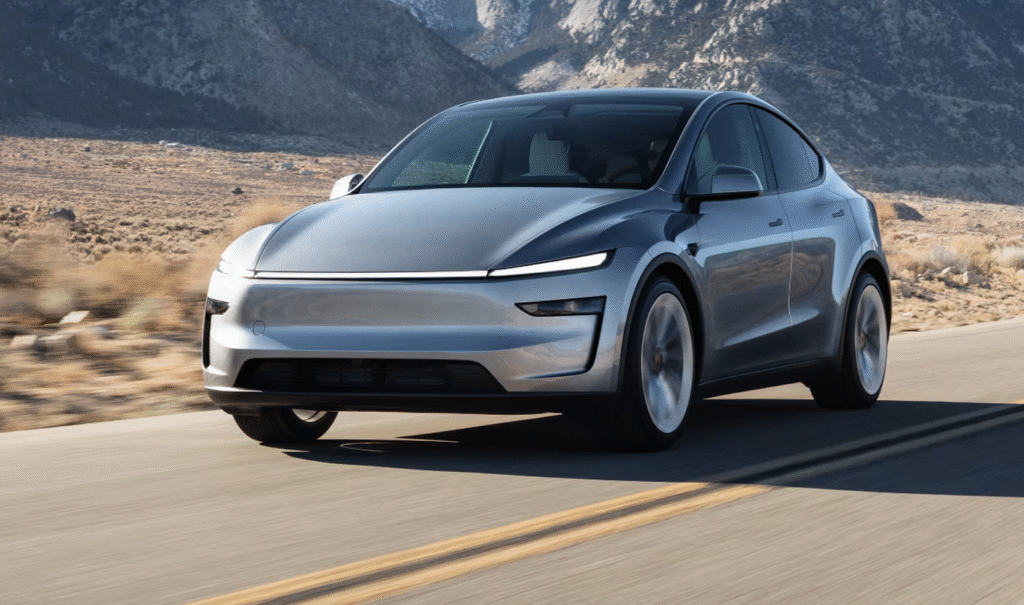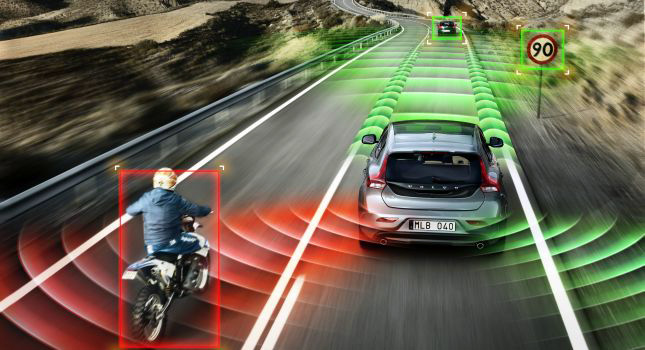
Imagine hopping into a car with no steering wheel, kicking back, and letting AI whisk you to your destination. Self-driving cars, autonomous vehicles (AVs) promise this future, but in 2025, they’re hitting speed bumps: regulations, safety concerns, and shaky public trust. From Nigeria’s emerging tech scene to global regulatory races, here’s the latest on where AVs stand and why it matters to you.
The Promise of AVs: A Game-Changer for Africa and Beyond
Autonomous vehicles could transform transportation by slashing human error, which causes 88% of road collisions globally. In Nigeria, where traffic fatalities are a major concern (over 5,000 deaths annually, per WHO data), AVs could save lives and ease Lagos’ infamous gridlock. Across Africa, AVs promise efficient logistics, boosting trade in regions with underdeveloped infrastructure. Globally, companies like Waymo and Tesla are testing robotaxis and autonomous trucks, with posts on X buzzing about Tesla’s Full Self-Driving (FSD) advancements. But here’s Apple’s Waymo is already offering driverless rides in San Francisco and Phoenix, and Nigeria’s tech ecosystem is watching closely.
The Regulatory Roadblock
The dream of fully autonomous roads is inching closer, but regulations are a major hurdle. In 2025, most AVs operate at Level 2 (driver assistance, like Tesla’s FSD) or Level 3 (limited autonomy), requiring human oversight. Level 4 and 5 systems, true driverless tech, are limited to test zones. Here’s the regulatory landscape:
- Nigeria and Africa: While Nigeria’s tech scene is booming with fintech and AI, AV regulation is nascent. The Federal Ministry of Communications, Innovation, and Digital Economy is focused on broader digital policies, but specific AV laws are absent. South Africa and Kenya are exploring AI governance for AVs, but testing is minimal, and no African country has legalized Level 4 AVs yet. Nigeria’s 2026 telecom cybersecurity framework could lay the groundwork for AV security, but for now, human drivers remain essential.
- United States: The U.S. lacks a unified federal framework, leaving states like California and Nevada to lead. California’s new rules (effective post-June 2025) require 50,000 miles of testing with a safety driver before driverless permits are issued, balancing innovation and safety. Recent NHTSA changes ease crash reporting but spark debate over reduced transparency, with critics arguing it hides critical safety data.
- United Kingdom: The UK’s Automated Vehicles Act (May 2024) sets the stage for Level 4 AVs by 2026, aiming to cut human-error crashes and create 38,000 jobs. Trials by companies like Wayve in London show progress, but full deployment is delayed to 2027.
- Global Challenges: Uneven standards worldwide hinder scaling AVs. Germany leads with Level 4 laws, while China and Japan require remote human supervision for driverless cars. Harmonized global rules are needed, but progress is slow.
What’s Next for Nigeria and You?
In Nigeria, AVs could revolutionize urban transportation in cities like Lagos, reducing accidents and enhancing efficiency. But without local regulations, testing, or infrastructure, adoption is years away. Globally, Waymo’s expansion to Denver and Seattle signals robotaxi growth, while Tesla’s Elon Musk promises unsupervised FSD by 2025, though it’s still Level 2. For Nigerians, supporting tech policies and digital literacy can pave the way for safer roads.
Why It Matters
AVs could make Nigeria’s roads safer and trade more efficient, but only with clear laws and public buy-in. Stay informed, advocate for testing in Nigeria, and explore how AI-driven cars could change your commute.